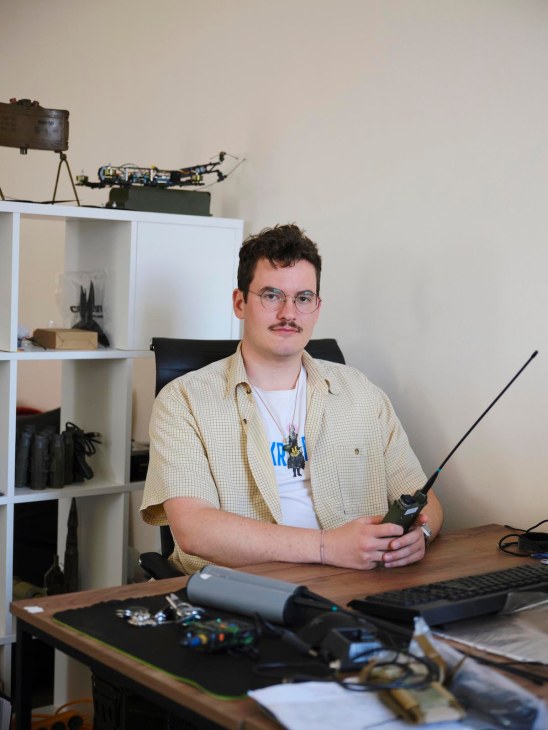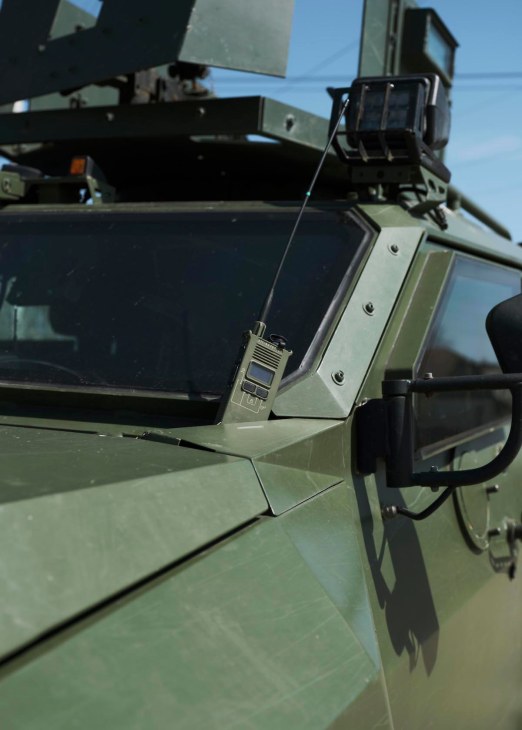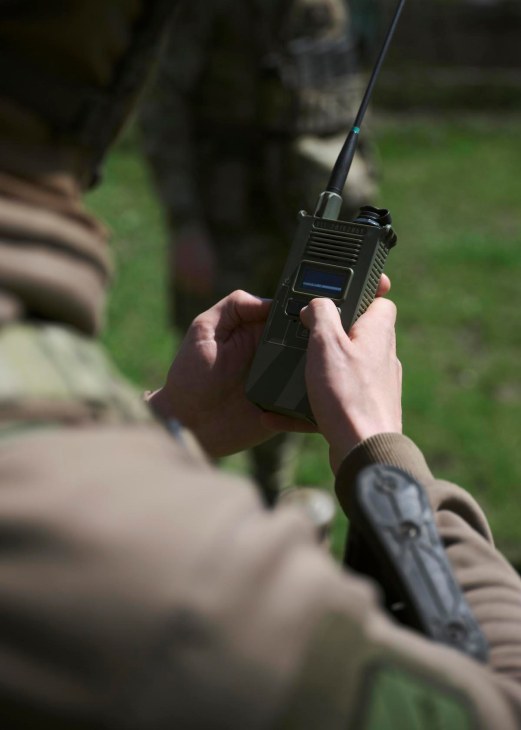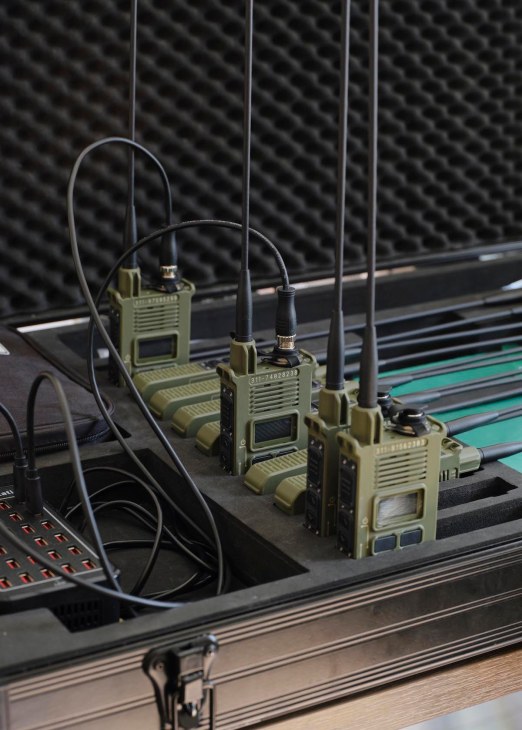How Ukranian startup Himera built a war-ready radio during a blackout
Growing out of co-founder Misha Rudominski’s previous projects, the defence-tech company develops electronic warfare-resistant walkie-talkies while the country fights to preserve its sovereignty.
It was in 2022, during the Russian advance on Kyiv, that the founders of walkie-talkie maker Himera realised that modern communication systems weren’t up to scratch. “One of [my friends] was in Ukraine’s territorial defence forces and he had first-hand experience of the total lack of communication solutions,” says co-founder Misha Rudominski. “Commercial options can be detected or disrupted. Having reliable, resilient communication is key.”


Drawing on their prior experience in hardware start-ups and consumer electronics, Rudominski and his co-founders hatched a plan: Himera would create radio and communication devices that were cheap to make and the production of which could easily be scaled up. The most important upgrade? They would be resistant to electronic warfare – the jamming and intercepting of signals between devices, which is used to disrupt all sorts of defence capabilities, from surveillance to navigation and battlefield communications.

It wasn’t an easy time to start a business. Attacks on infrastructure were a regular occurrence and the available labour force dwindled as Ukrainians fled or signed up to fight. “There was a constant need for new solutions because at that time we lacked everything,” says Rudominski. “It was very much a bottom-up approach – we just needed to get the product into the hands of the users.”


There were some advantages to the situation. “Often manufacturers don’t know how their products are performing,” he says. “But I’m in touch with hundreds of users, including those on the battlefield. They can tell me about issues that they’re experiencing and we’ll work on a solution straight away.” In three years, Himera’s products have had more than 80 updates. One example is the G1, a handheld radio that lets soldiers talk to each other and has an operating temperature range from minus 20c to 50c and a range of 2km.
Today, the radios are in use by Ukrainian marines, intelligence forces, special operations and more. This success has sparked wider interest: in 2024, the US Air Force bought Himera’s radios for testing by and in early 2025 the company partnered with Ottawa-based data-protection firm Quantropi to integrate better encryption. It will also distribute Himera’s products in the US, Canada and select Nato markets. The Ukrainian market isn’t profitable, but Rudominski takes a long view. “We’ll earn our money later selling the best tactical radios and communication solutions to customers worldwide.”


